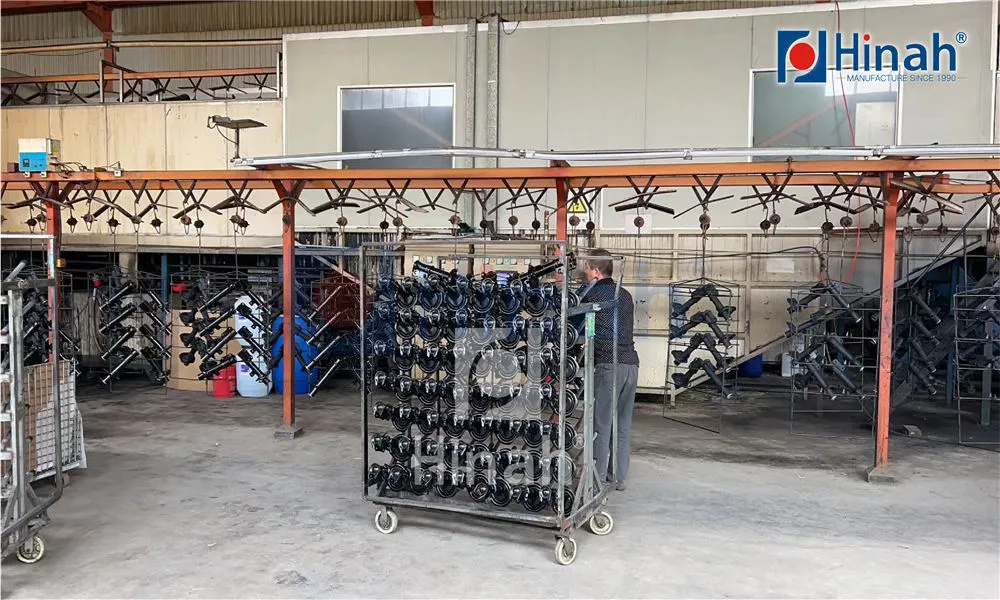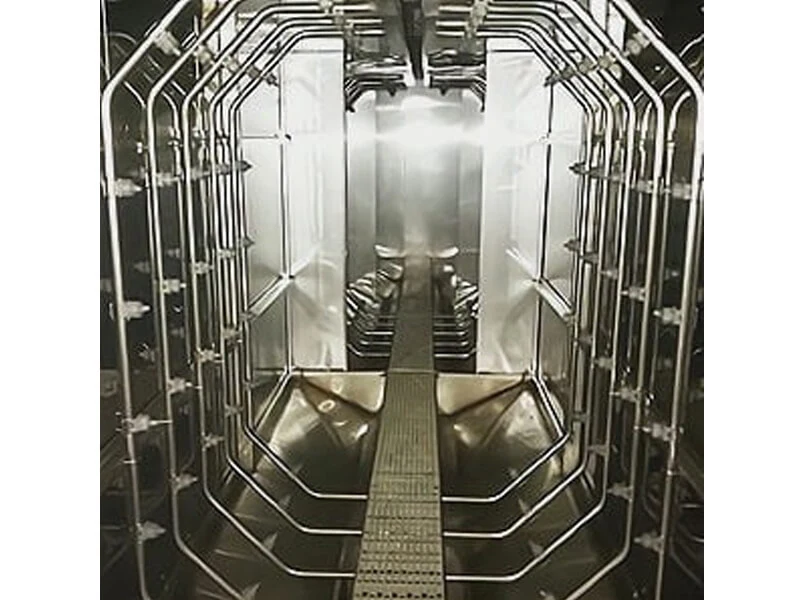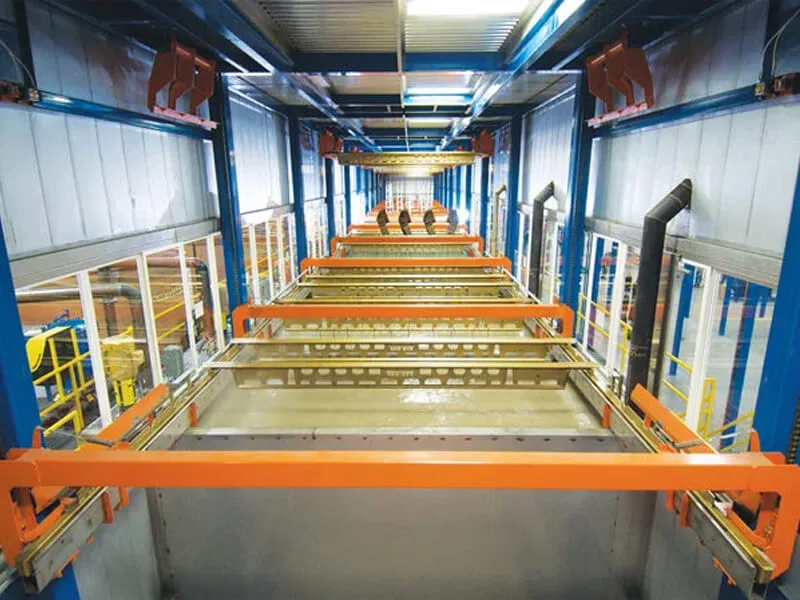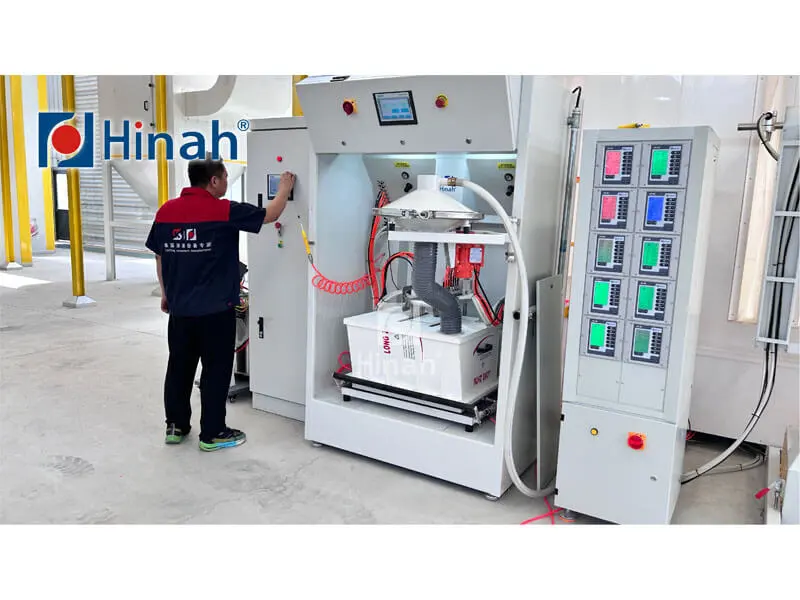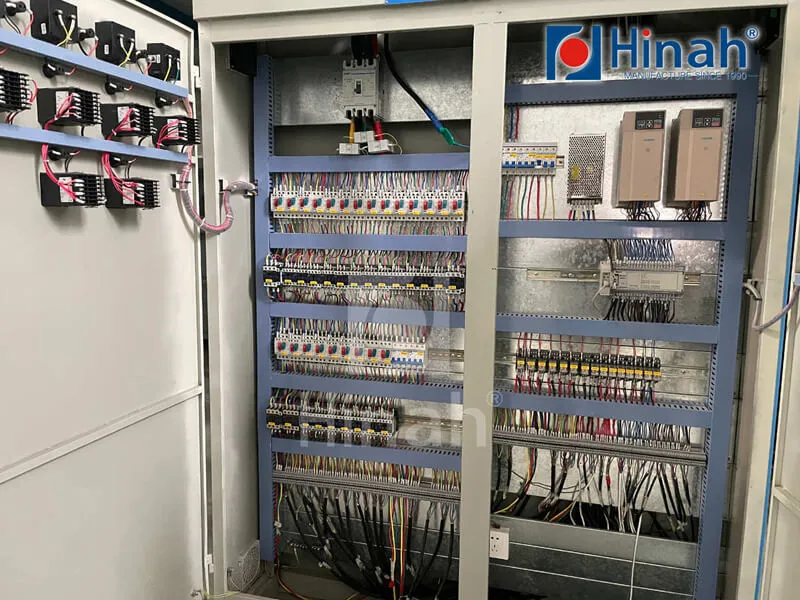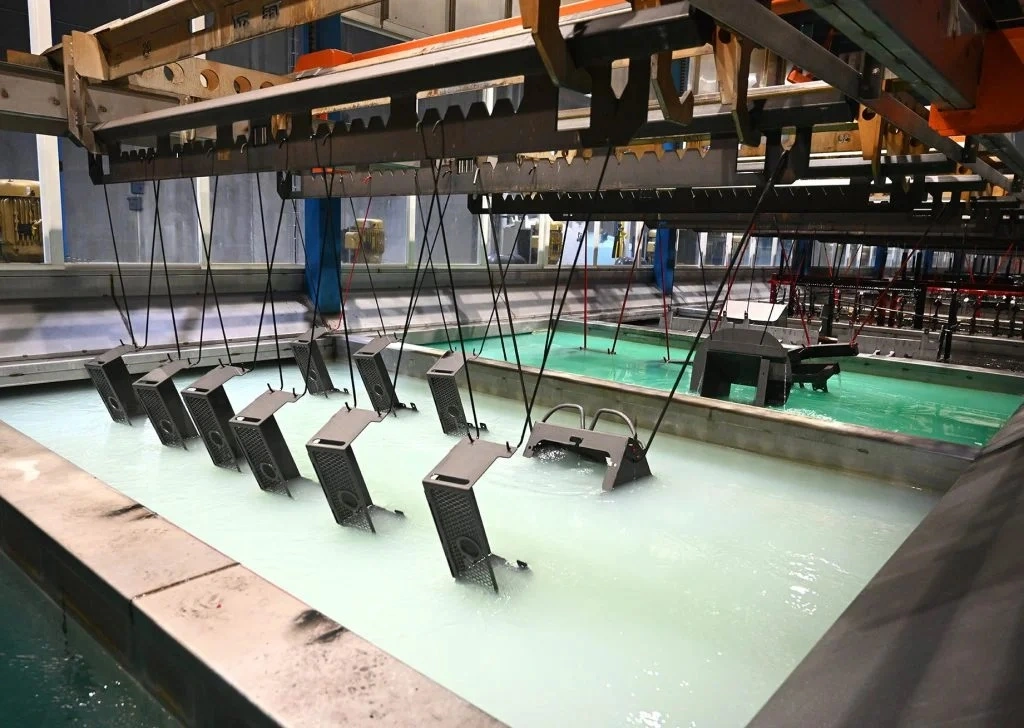You’ve nailed the prep work. Your powder application is flawless. But if your powder coating oven can’t deliver consistent, industrial-grade curing? That gorgeous finish will peel, chip, or worse – get rejected by clients. As a shop owner who’s burned through budgets on underperforming equipment (literally), I’ll cut through the marketing fluff. Here’s what actually matters when investing in a powder coating oven for sale – whether you’re curing bike frames or aircraft components.
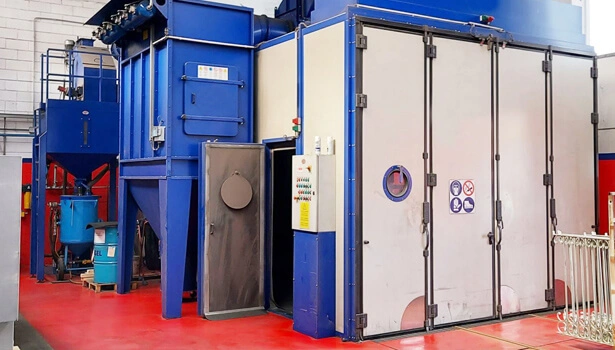
1. Heat Technology: Convection vs. Infrared vs. Hybrid
Not all powder paint ovens cook the same. Your choice impacts speed, quality, and operating costs:
Convection Ovens: Circulate hot air (like a giant pizza oven).
✓ Best for: Complex shapes, thick substrates, batches with mixed sizes
✗ Watch for: Longer heat-up times (20-40 mins), higher energy use
Infrared Ovens: Blast surfaces with direct radiation.
✓ Best for: Flat panels, high-throughput small parts, quick cure cycles (3-8 mins)
✗ Watch for: Shadowing on 3D parts, surface temp inconsistencies
Hybrid Systems: Combine IR rapid heat + convection evenness.
✓ Game-changer for: Production shops needing speed + versatility
Pro Tip: Ask vendors for cure test reports on YOUR specific part geometry.
2. Size & Layout: Beyond "It Fits"
A powder coating oven for sale isn’t just a box – it’s workflow infrastructure. Consider:
Internal Dimensions: Max part size + 6" clearance on all sides
Door Configuration: Sliding? Lift-up? Automated? (Affects loading speed)
Floor Loading: Will racks roll in? Need reinforced floors? (16-gauge min)
Future-Proofing: Can it handle 20% larger projects next year?
Real Talk: Overspend on size now, or pay triple later for a second oven.
3. Control Systems: Brains Matter More Than Brawn
A $15k oven with crap controls ruins finishes faster than a rookie operator. Demand:
Precision: ±5°F tolerance (verified via 3rd-party calibration certs)
Programmability: Save recipes for different powders (e.g., TGIC vs. urethane)
Monitoring: Real-time alerts for temp drops/door opens
Data Logging: Proof of cure compliance for aerospace/auto audits
Red Flag: Analog dials. You need digital PID controllers with touchscreens.
4. Build Quality: What Hides Behind the Panel
Cheap powder coating ovens for sale fail fast in industrial environments. Inspect:
Steel Gauge: 16-20 gauge exteriors (lower number = thicker)
Insulation: Ceramic fiber ≥4" thick (stops heat bleed, slashes energy bills)
Heating Elements: Incoloy-sheathed coils (resists corrosion from curing fumes)
Seals: Fiberglass-reinforced door gaskets (prevents heat leaks)
Shopsmith Secret: Riveted frames > spot-welded. Less warping at 450°F.
5. Safety & Compliance: Don’t Get Shut Down
Ignoring this turns your oven into a liability:
Explosion Relief: ASME-certified vents (mandatory for solvent-containing powders)
Fume Extraction: UL-listed duct blowers (meets OSHA 1910.94)
Gas Valve Safeties: FM-approved flame supervision (cuts gas if burners fail)
Electrical: UL/CE labeling + ground fault protection
Warning: "Shop-built specials" rarely meet code. Insist on NRTL certifications.
Why Settle for "Good Enough"?
A precision powder coating oven isn’t an expense – it’s the machine that turns your finishing department into a profit center. Faster cure times = more jobs per day. Fewer rejects = happier clients. Energy efficiency = lower overhead.
Ready to upgrade? Here’s your action plan:
Audit: Log your max part dimensions + daily throughput
Test: Demand onsite cure trials with YOUR parts
Verify: Check warranty terms (look for 2+ years on heating systems)
Top-tier powder coating ovens for sale move fast. The perfect fit for your shop is out there – but it won’t collect dust in a showroom for long.


